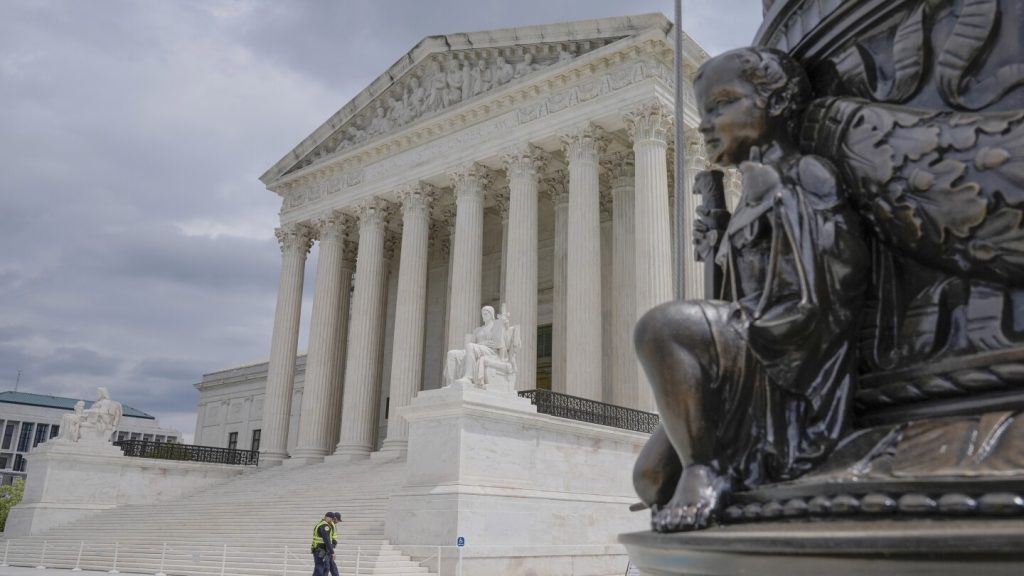The Supreme Court’s conservative majority ruled in favor of South Carolina’s Republican-held congressional district, rejecting claims of discrimination against Black voters. The court upheld the state’s redistricting efforts that moved Democratic-leaning Black residents out of the district, citing partisan politics rather than race as the driving factor. This decision is seen as a win for Republicans, as it allows them to maintain their majority in the House of Representatives leading up to the 2024 election.
Justice Samuel Alito, writing for the court, criticized lower-court judges for their approach and defended the lawmakers’ actions in redistricting. Justice Elena Kagan, writing for the liberal justices, expressed disappointment in the court’s decision, accusing them of disregarding evidence of racial gerrymandering and creating disadvantages for cases seeking to address race-based redistricting. Legal experts and civil rights advocates have also voiced concerns over the ruling, suggesting that it could pave the way for further discriminatory practices in redistricting.
The decision in South Carolina contrasts with a previous ruling in Alabama, where Republican lawmakers were found to have diluted Black voters’ political power under the Voting Rights Act. While the court’s decision in Alabama led to redrawn maps aimed at increasing the representation of Democratic-leaning Black voters, the outcome in South Carolina suggests a different approach. The ruling has raised questions about the impact on Black voters and the potential for intentional vote dilution in the state, leaving certain aspects of the case unresolved.
The Supreme Court’s ruling comes at a time when the role of federal courts in redistricting cases is under scrutiny. Justice Clarence Thomas, writing separately, emphasized the need for political issues to be handled by the political branches rather than the judiciary. However, critics argue that this approach may neglect the protection of minority voters’ rights and allow for unchecked discrimination. The implications of the court’s decision extend beyond South Carolina, with concerns about the future of redistricting practices in other states.
The case involving South Carolina’s congressional district highlights the complex intersection of race, politics, and redistricting. By allowing partisan considerations to take precedence over claims of racial discrimination, the court’s ruling sets a precedent that could impact future electoral maps and voting rights protections. As the country prepares for the upcoming election cycle, the decision in this case underscores the ongoing challenges and controversies surrounding redistricting and the pursuit of fair representation for all voters. The implications of this ruling will likely continue to be debated and analyzed in the legal and political spheres.


